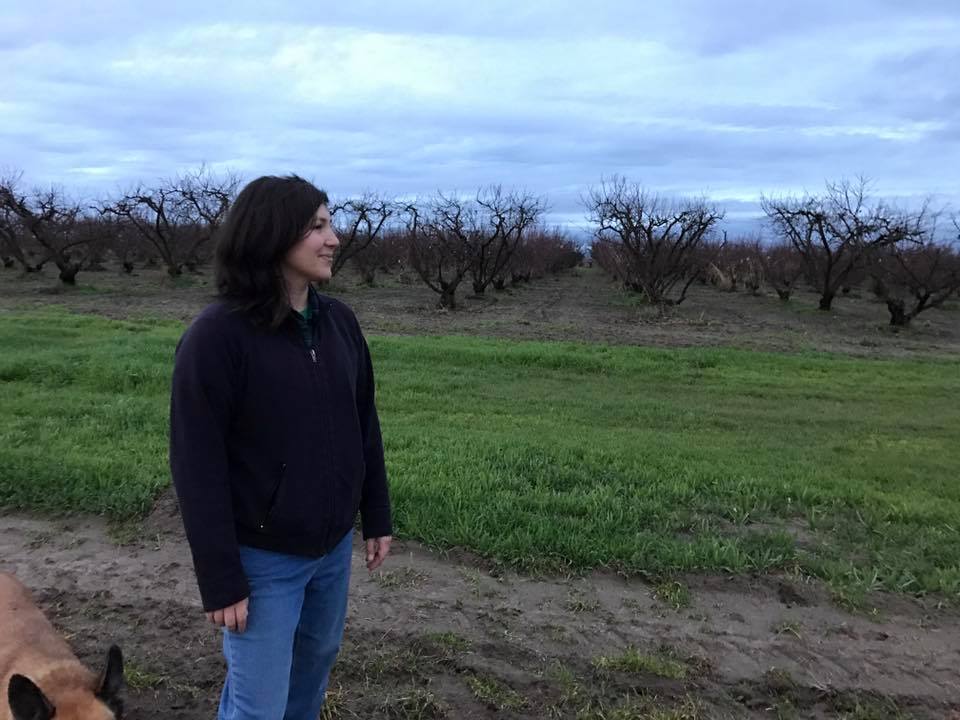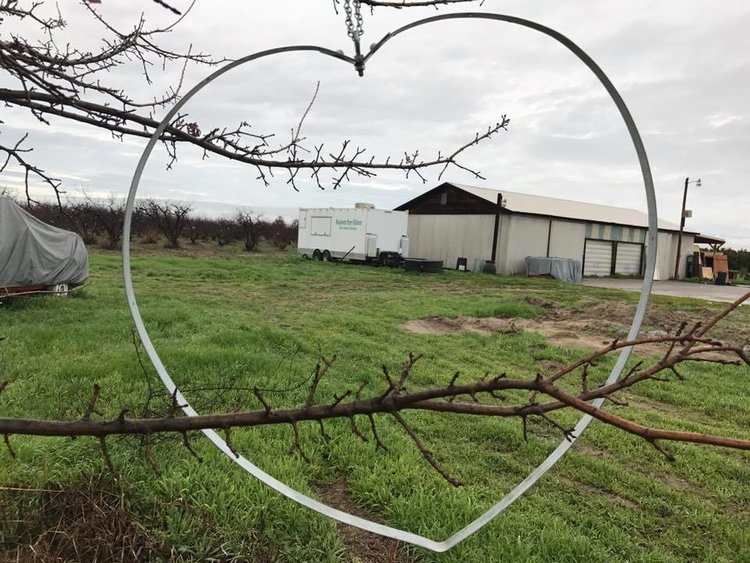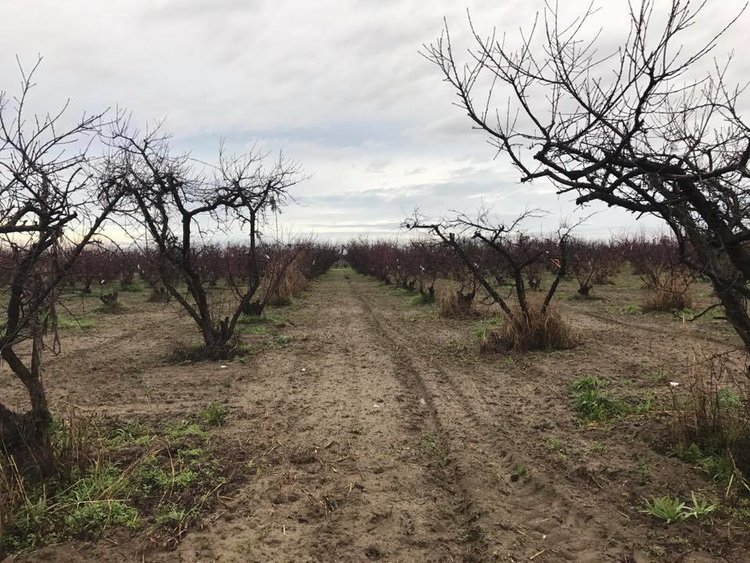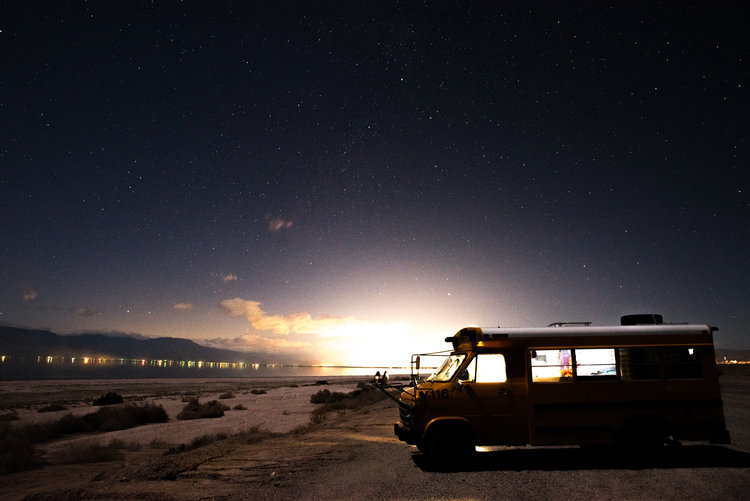Public Transformation hits the road
Two months ago, I had no idea that I was going to buy a school bus and travel across the country interviewing rural-based artists – I had no idea that I would need to learn how to insure a converted school bus, to use the big truck diesel gas pumps, to wait until the “glow plugs” light goes off to turn the key – and, I had no idea that I would be having phone conversations with artists across the country in towns under 10,000 people planning the day that I pull into their community in said school bus to learn from their incredible work.
Then, the election happened, and the maps that showed the glaring divides between urban and rural surfaced, and then I bought a bus and planned a trip – a cross country rural art documentary and mobile artist residency kind of trip. This is new for me, but also lines up with my history as an artist. About five years ago, I started a theater company called PlaceBase Productions with my colleague, Andrew Gaylord. We work with rural communities to tell their stories through original, community-driven, site-specific musicals. The core of our work is to ask questions, listen deeply to the answers, and to share what we learn in a way that helps us all connect, and move forward, together.
I’m calling this trip Public Transformation, because it’s what I believe can happen when we create and share together. And, with the help of some amazing partners at Springboard for the Arts, Creative Exchange, and Art of the Rural, and support from individuals through an Indiegogo campaign, I hit the road on January 4th.
Gus the Bus rolled out from San Francisco, CA, and the first stop on the trip was Del Rey, CA, (pop. 1,639) to visit Nikiko Masumoto and the Masumoto Family Farm. Below are verbatim excerpts and photos from an interview with Nikiko about the intersection of arts, farming, and community:

“Why isn’t someone who moves a shovel full of dirt a sculptor? You are altering your environment, you are giving it meaning – so, why not? I think that’s what every food worker / farmer does – I just don’t think we have built our cultural systems to value, appreciate and take time to acknowledge that work”

“I’m sure you read about the tragic Oakland fire, to me obviously we take a moment to pause and acknowledge how sad it was, but also to me it’s emblematic of how artists’ lives are mirrors of what we are doing wrong as a social body – there is no affordable housing for people who want to create and live out their imaginations and that is not specific only to artists, it applies to the lack of affordable housing for everyone. If we as artists do the work that creative placemaking is all about, which is not siphoning off a space just for our precious art, but making sure that what we do is integrated into these larger systems at play – that is the calling of the moment”

“One of our neighbors is a huge Trump supporter. There is no easy resolution, but because we are neighbors and he has bailed us out when our tractor breaks down… We are forced and invited to have a much more complicated understanding of the political and the personal, at the same time as having huge problems with his political ideology, we embrace what it means to be a neighbor and that’s something that I think is hard to do in urban spaces.”
I’ve been on the road since then! I’ll be posting occasional blog posts, as well as works from the artists-in-residence on the Public Transformation tour. I am a strong believer in collaboration and getting as many people on board as possible, so I am opening up the bus to other artists to join me along the way to create work about their experiences with the communities we visit. When it is all over, we will compile all of the stories and works of art into a multi-media exhibition – which we hope will be useful for artists, organizers, planners, really anyone living in and working with rural communities which we will share online, at the Rural Arts & Culture Summit, at the Rural Placemaking Summit, at small town galleries across the country, and – hopefully, everywhere! You can see artist-in-residence Ali Rogers’ work from the Salton Sea here.

What that future product is – well, I still don’t know… I am a process-based artist on a journey to learn from incredible people working in my field. I will be capturing these stories in many different formats and when it is all over, I will compile what I have learned into something that I hope will be useful and artful. Follow along on Twitter, Facebook and Instagram, or be in touch – and keep sharing your work.

[…] committed to those stories, including rural voices in our Artists with Impact, supporting the Public Transformation story sharing project, and covering events like the Rural Arts and Culture Summit – the next […]
[…] Foundation agreed to become project partners, and with their support and recommendations, Hanson hit the road in January. Though “Gus the Bus,” her converted school bus that had become an emblem of the […]